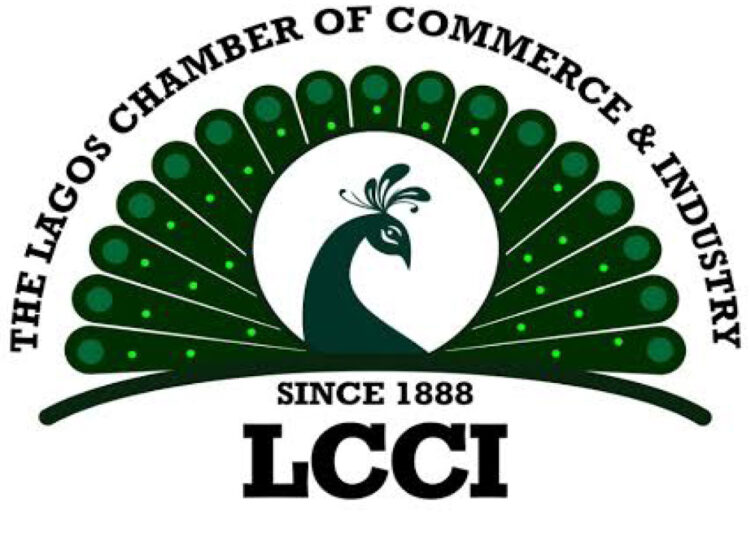The Lagos Chamber of Commerce and Industry (LCCI) has voiced strong concerns over Nigeria’s downgraded economic outlook in the latest International Monetary Fund (IMF) and World Bank reports. The projections, released during the 2025 Spring Meetings in Washington, D.C., forecast Nigeria’s growth at 3.0% in 2025 and 2.7% in 2026.
LCCI Director-General, Dr. Chinyere Almona, called for a more disciplined fiscal policy environment, stressing the need to reduce public debt and prepare for possible increases in defence spending and trade-related shocks. She linked the subdued outlook to falling oil prices, global trade tensions, softening demand from advanced economies, and financial market volatility.
Almona also flagged concerns over inflation, citing IMF’s forecast of 26.5% for 2025 and a staggering 37.0% by 2026. While she acknowledged reforms like exchange rate unification and halting deficit financing by the Central Bank, she warned they were not enough. “Nevertheless, there is potential for economic growth, which offers hope. If we sustain ongoing reforms in the oil and gas sector to increase crude production, enhance domestic refining capacity, and reduce fuel imports, we could improve oil revenue to support our budget goals,” she stated.
She pressed the federal government to follow through on proposed tax reforms and improve tax administration, while also urging policymakers to maintain vigilance on inflation. “We must maintain a strong focus on inflationary pressures, which have not sufficiently decreased even with the updated computations. It is essential to invest more in infrastructure that supports the productive real sector of the economy,” she added.
Almona further advised a review of the 2025 budget assumptions, recommending reduced oil revenue expectations and cuts to non-essential recurrent spending and unproductive subsidies. She encouraged the promotion of non-oil exports by incentivising sectors such as solid minerals, digital economy, and the creative industries.
To strengthen inclusive growth, Almona called for expanded access to microfinance, a stable power supply, and reforms to support MSMEs and local manufacturers. “We can enhance agricultural production and agro-processing through targeted investments in local fertilizer production, heavily subsidized extension services, tech-driven irrigation, and infrastructure for value chains,” she concluded.




